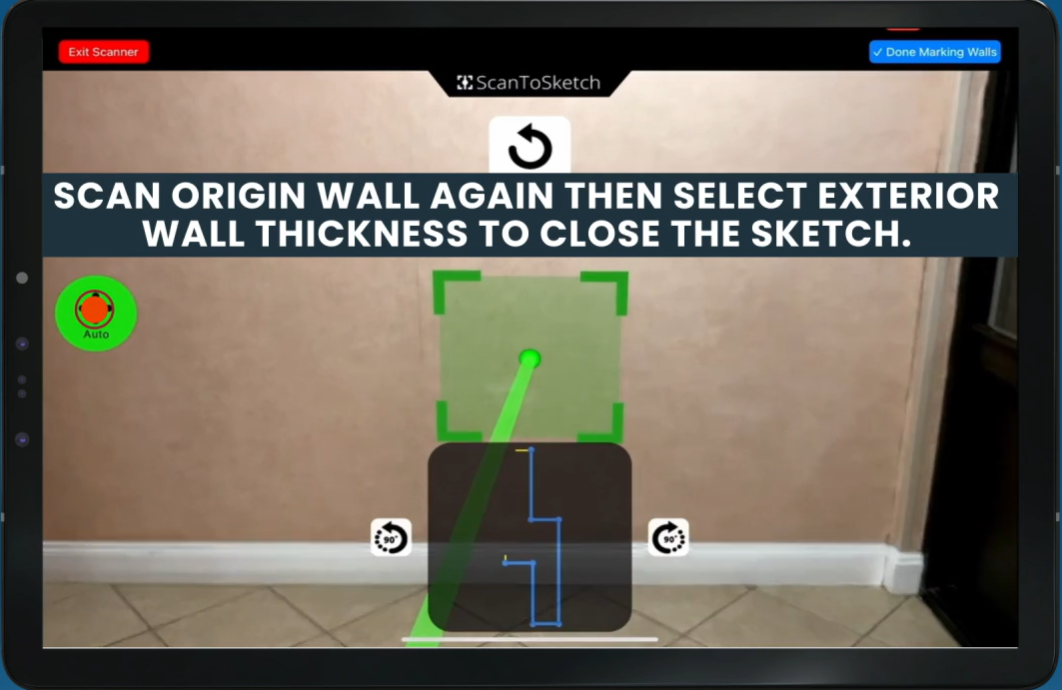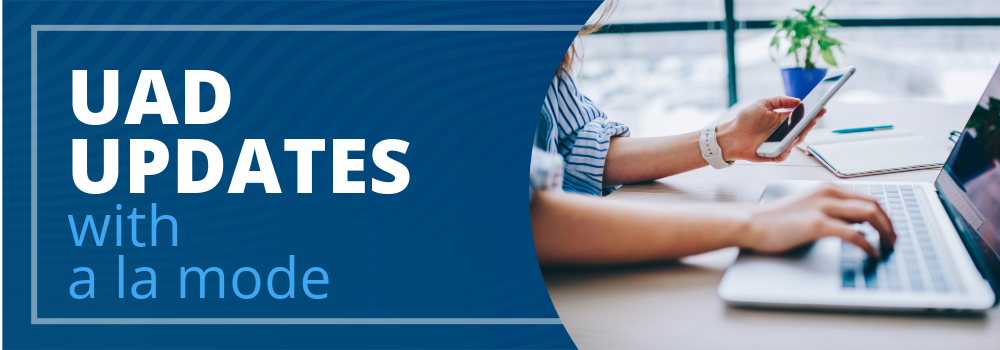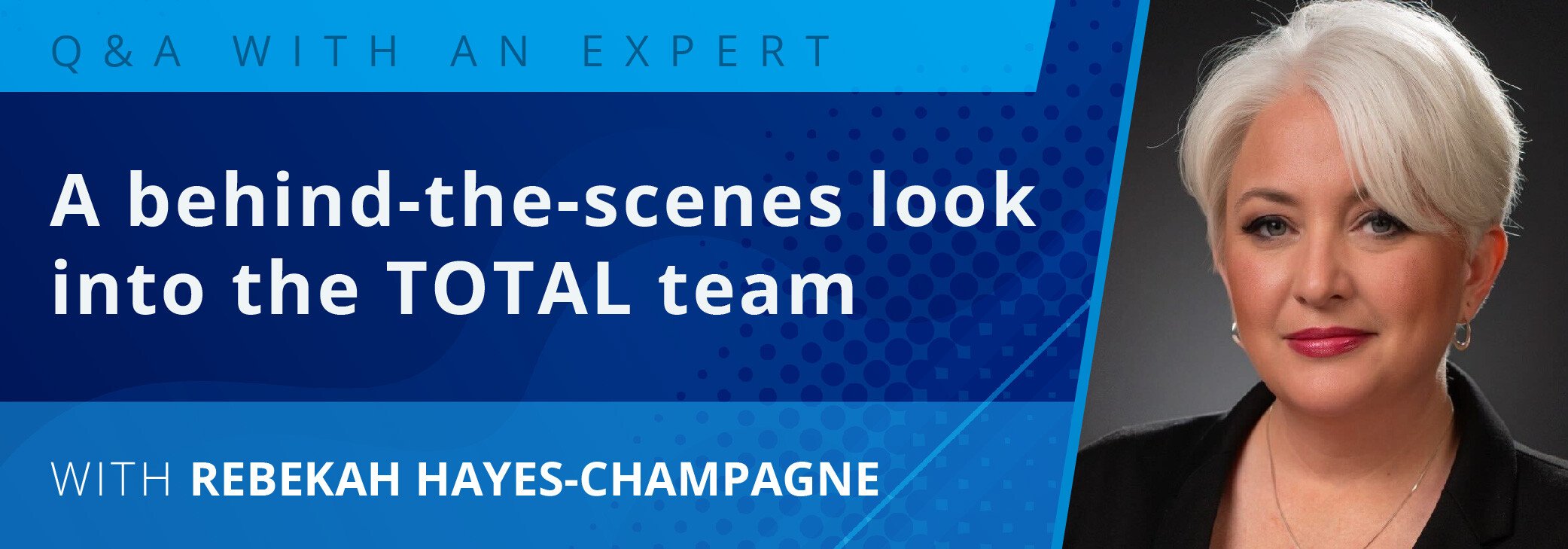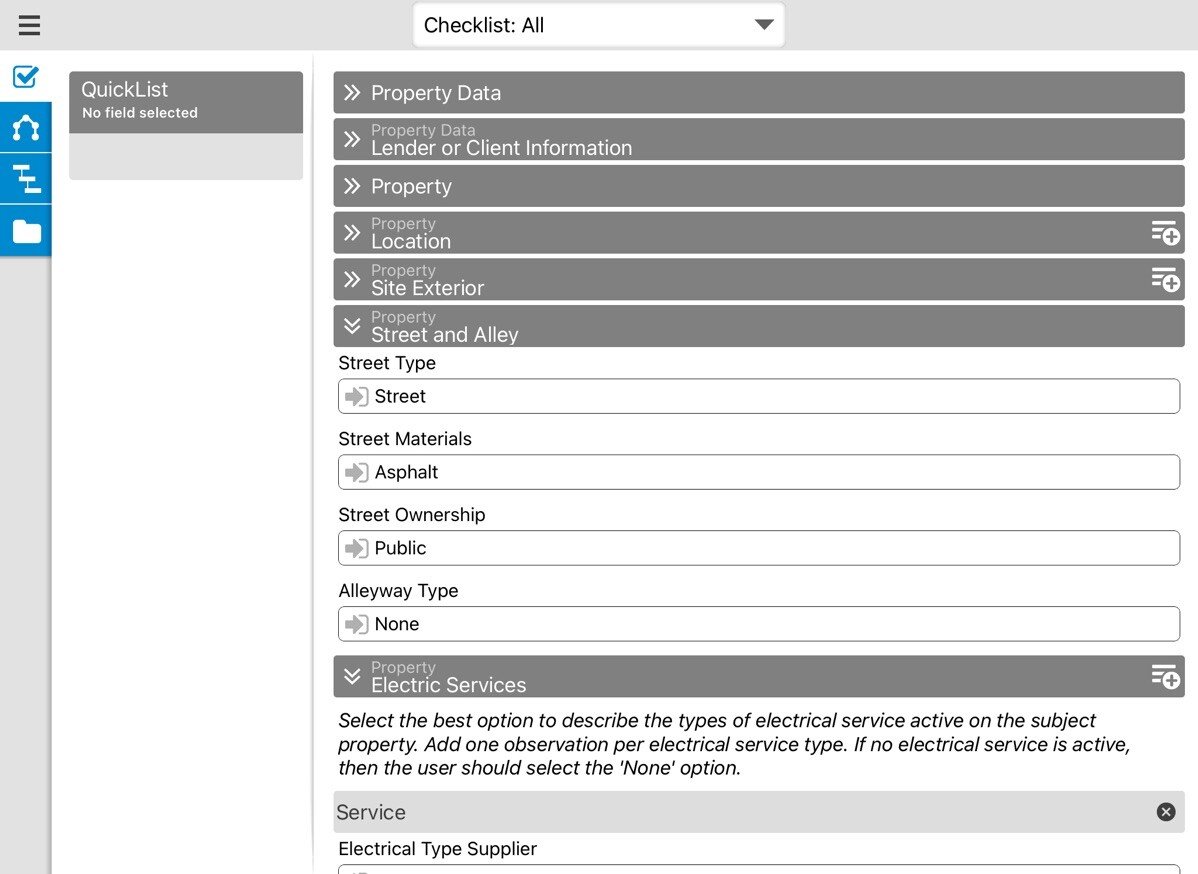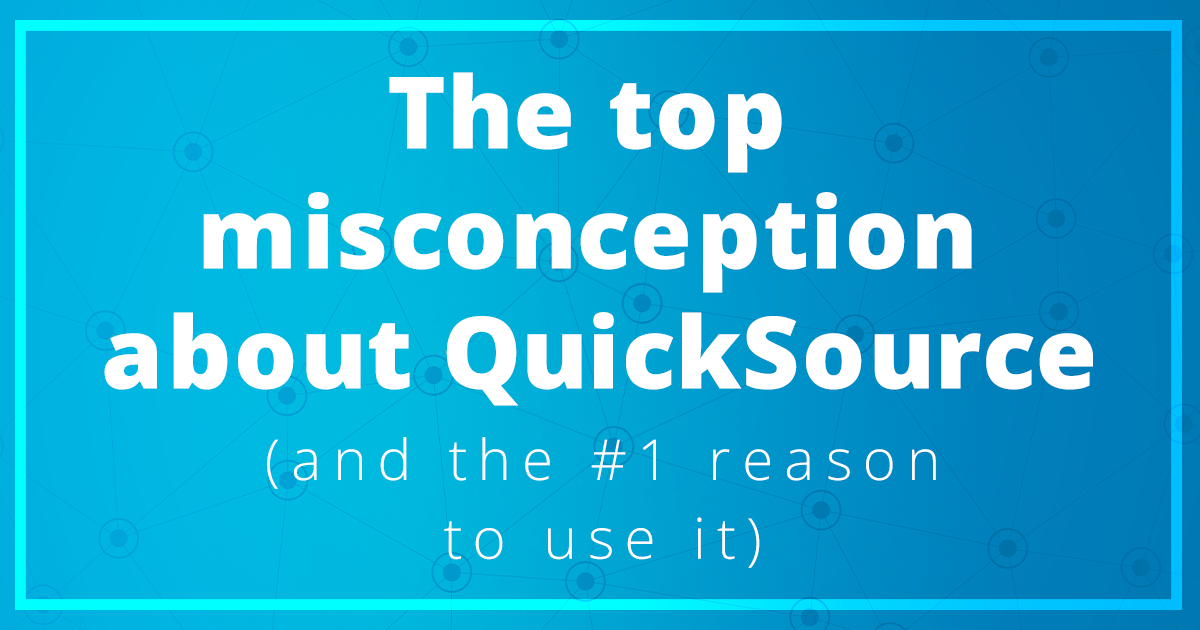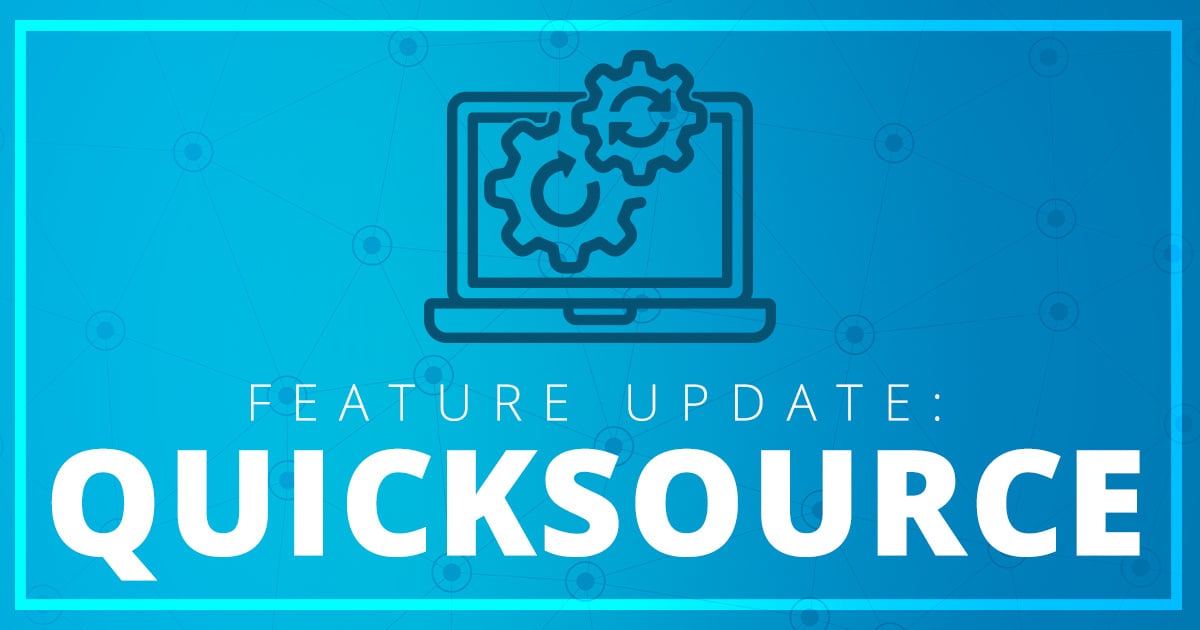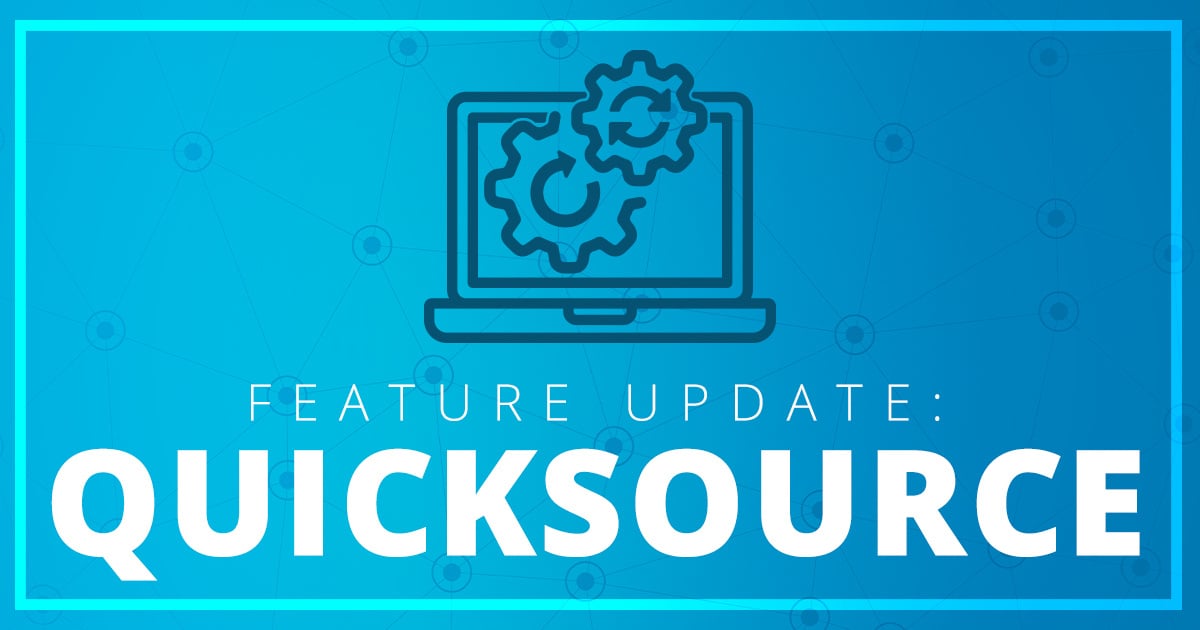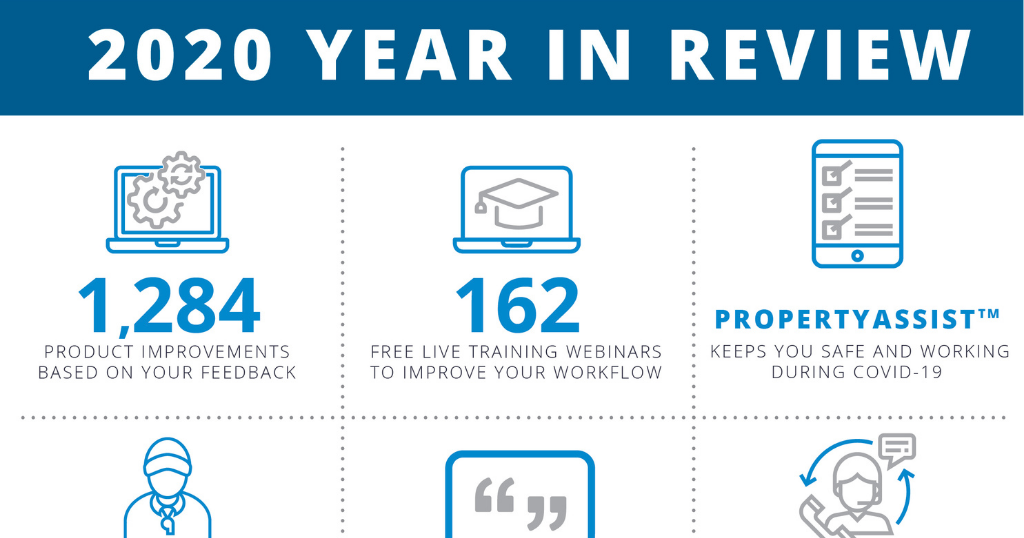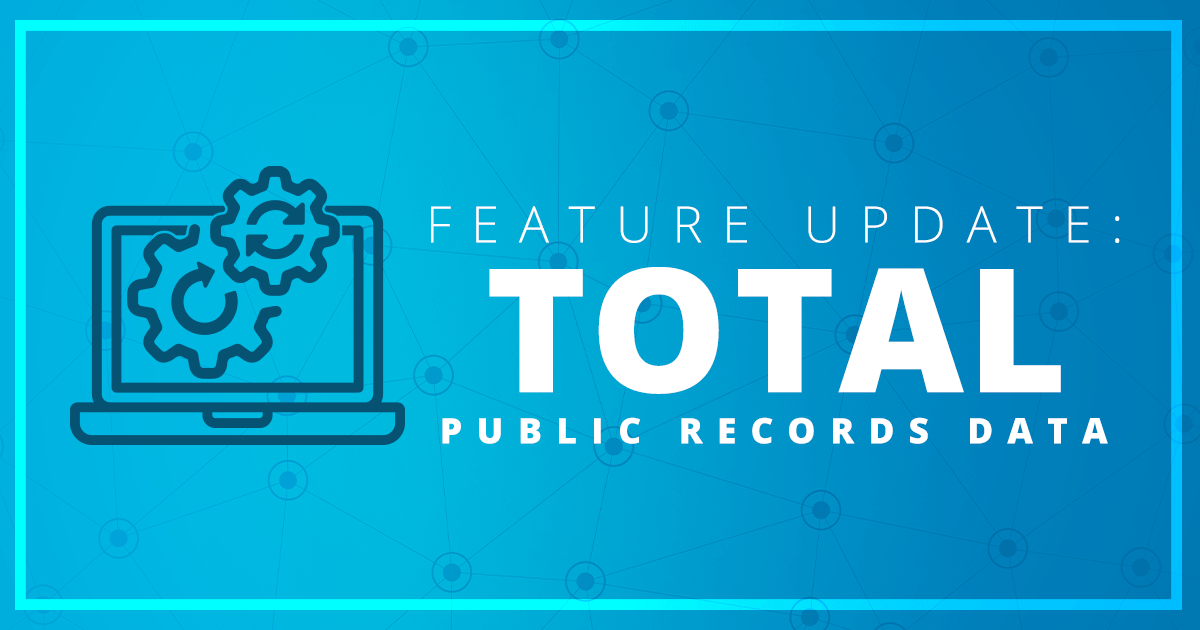This week's Business Week includes a piece on how to get a reliable estimate of the value of your house online. Turns out, you really can't.
The magazine tested 10 websites that promise automated home valuations, avoiding sites that simply forward your information to a local real estate agent who can then pitch their services to you.
"Although the databases are often similar, it's worthwhile to check out several services, since they use different algorithms and models. For example, Valueyourhome.com, a fee-based site operated by Fidelity National Financial, gave an estimate of $491,000 for a 40-year-old, four-bedroom home in northern Virginia, while Bank of America's free site reported a value of $420,000 to $456,000," the magazine reported.
Fitch Ratings, which in April determined it would downgrade the value of mortgage backed securities (MBS) where an AVM was used to value the collateral, noted that AVM "number shopping" is rampant, and possible, owing to the wide variety of values that can be obtained on the same property.
The author also found, unsurprisingly, that electronic values were hard to come by in areas without a lot of data. "We had a tough time getting a value on a 100-year-old farmhouse in Lima, Ohio, because of a lack of data. The only estimate ($126,000), which came from Electronicappraiser.com for a $29.95 fee, seemed low," the article said.
A bigger problem was in Texas. "The most frustrating search was trying to find out information on a new 4,000-square-foot home in a Dallas suburb. Texas is a nondisclosure state, which means it doesn't have to make public certain data, such as a property's sale price. Only Bank of America and ditech.com's sites had good data. They make estimates based on mortgage loans."
The article concludes that "if you live in a state where there's a dearth of data or if you are challenging a tax assessment, it's probably worth spending from $200 to $500 for an appraisal." Yes, probably.
Your indefatigable newsletter editor never shrinks from a challenge, so I sprang for the $30 to find out what Electronicappraiser.com said my home was worth. (A few years ago, an AVM vendor demonstrated its product for me at a mortgage bankers convention, and it was off by fully 25 percent – low – from the appraised value of 11 months earlier.)
This one, intuitively, seemed closer – and your indefatigable newsletter editor is not an appraiser, unlike a lot of the people that run a la mode – but one of the five comps Electronicappraiser.com used stuck out. It's a $60,000 run-down eyesore everyone around here wishes would be razed and a house more fitting within its surroundings built. Given that there's been no shortage of home sales in the neighborhood the last few years, I would question the appraiser who used a house that sold for almost three times less than the subject did three years ago.
The Bank of America website offers free online home values. This one gave me a range of possible values, from highest to lowest – a 28 percent difference in the two. I suspect we'd be near the high end of the range, given that the report said we don't have an attached two-car garage, when in fact we do. (When you say that AVMs can't verify the physical features of the subject, you usually mean the computer can't tell if the house is really there or not, but this is a subset of the same problem.) This one only gave us three comps, one more than a year old, but at least it avoided the run-down shack down the street. (Really, many, many more than three houses have sold in this immediate area in the last year. A lot of them like ours. I'm somewhat at a loss.)
Mrs. Indefatigable Newsletter Editor and I are refinancing later this summer before our 3/27 ARM monthly payment goes up, so we'll let you know exactly how close our online appraisals came to the actual appraised value at that time.



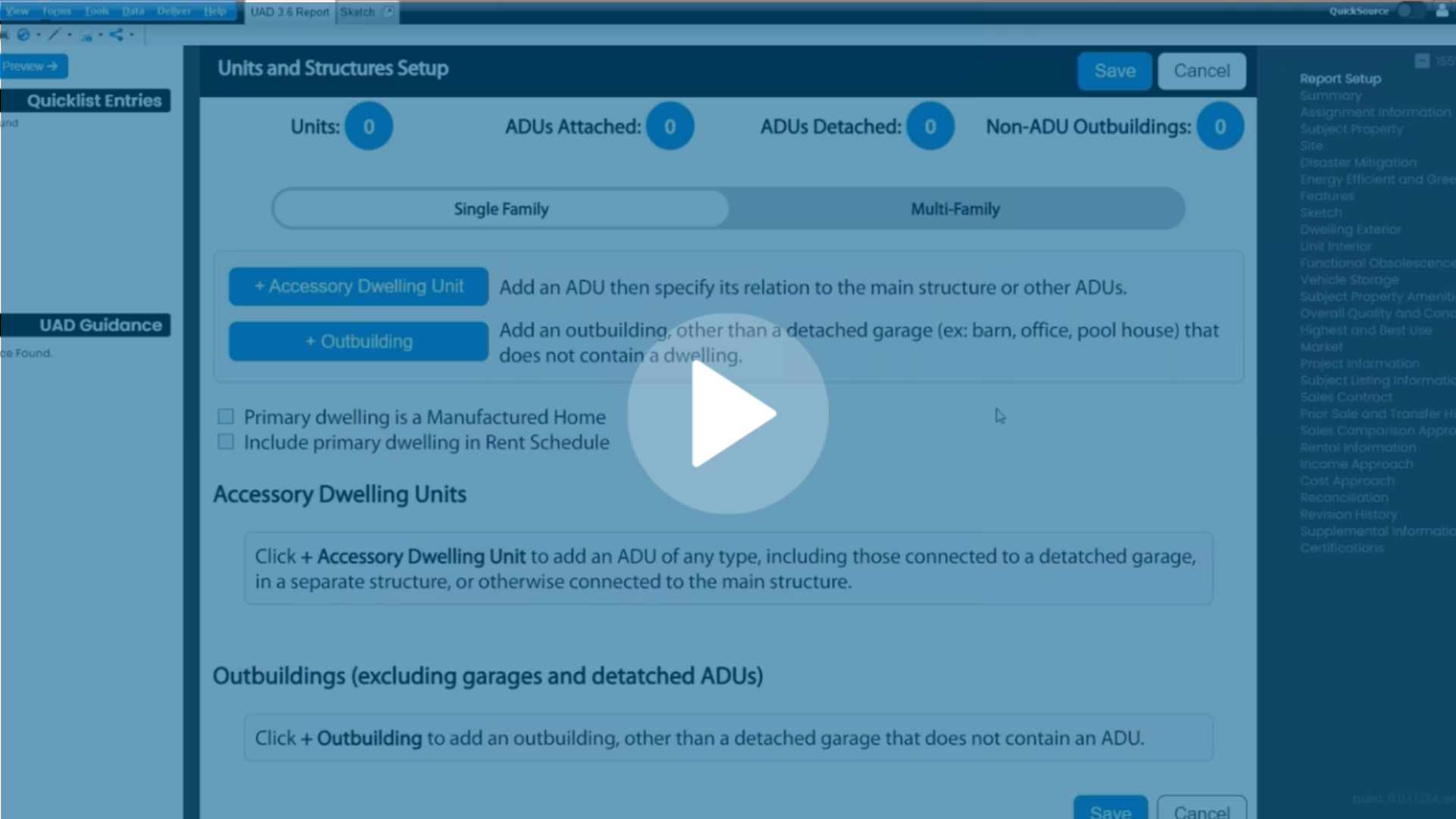
.png)

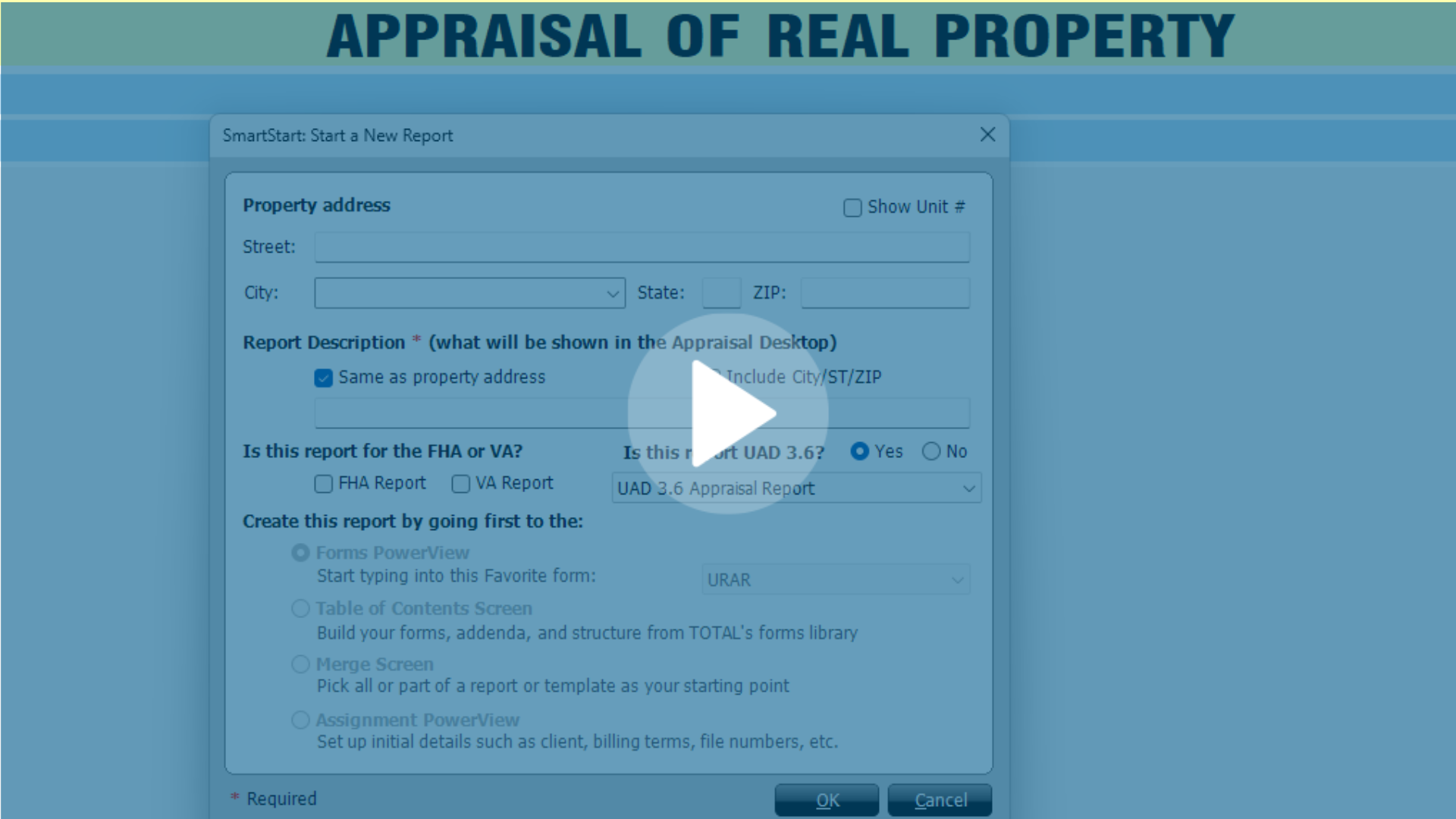
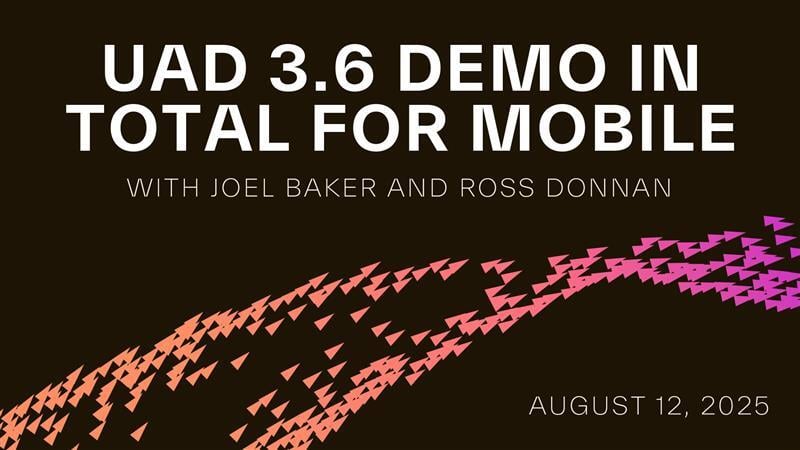

.png)
-1.png)
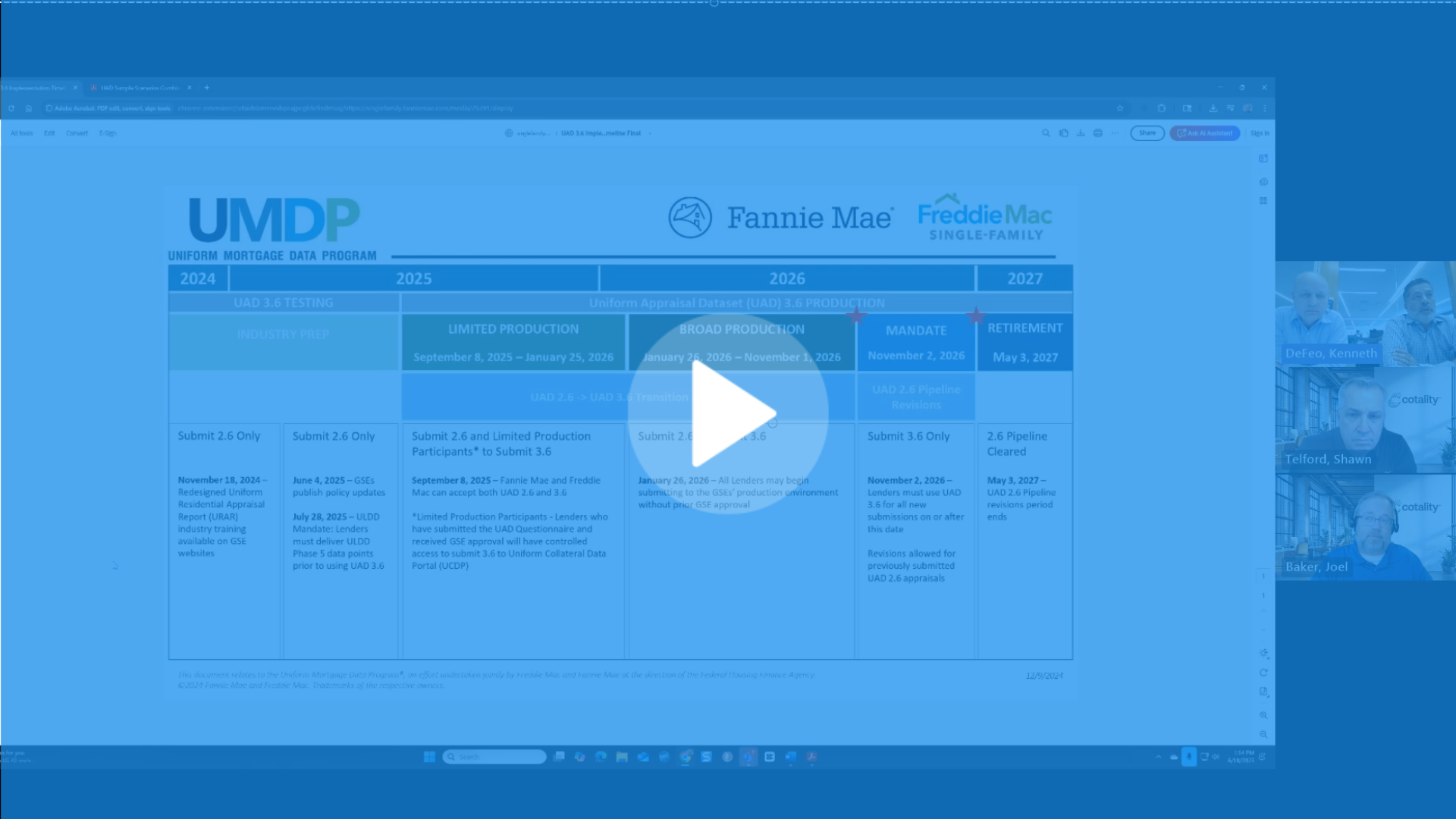
.png)
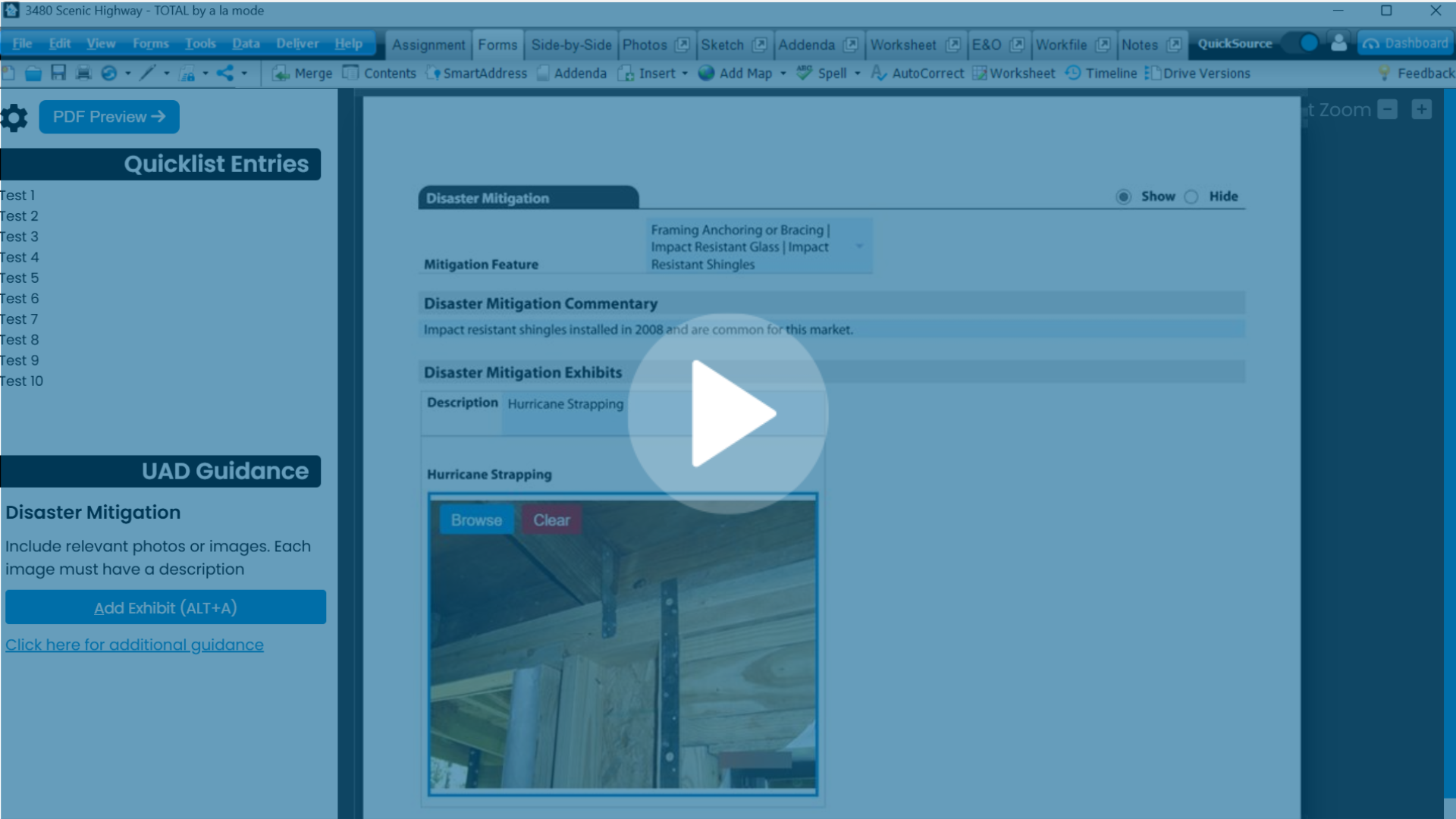
.png)
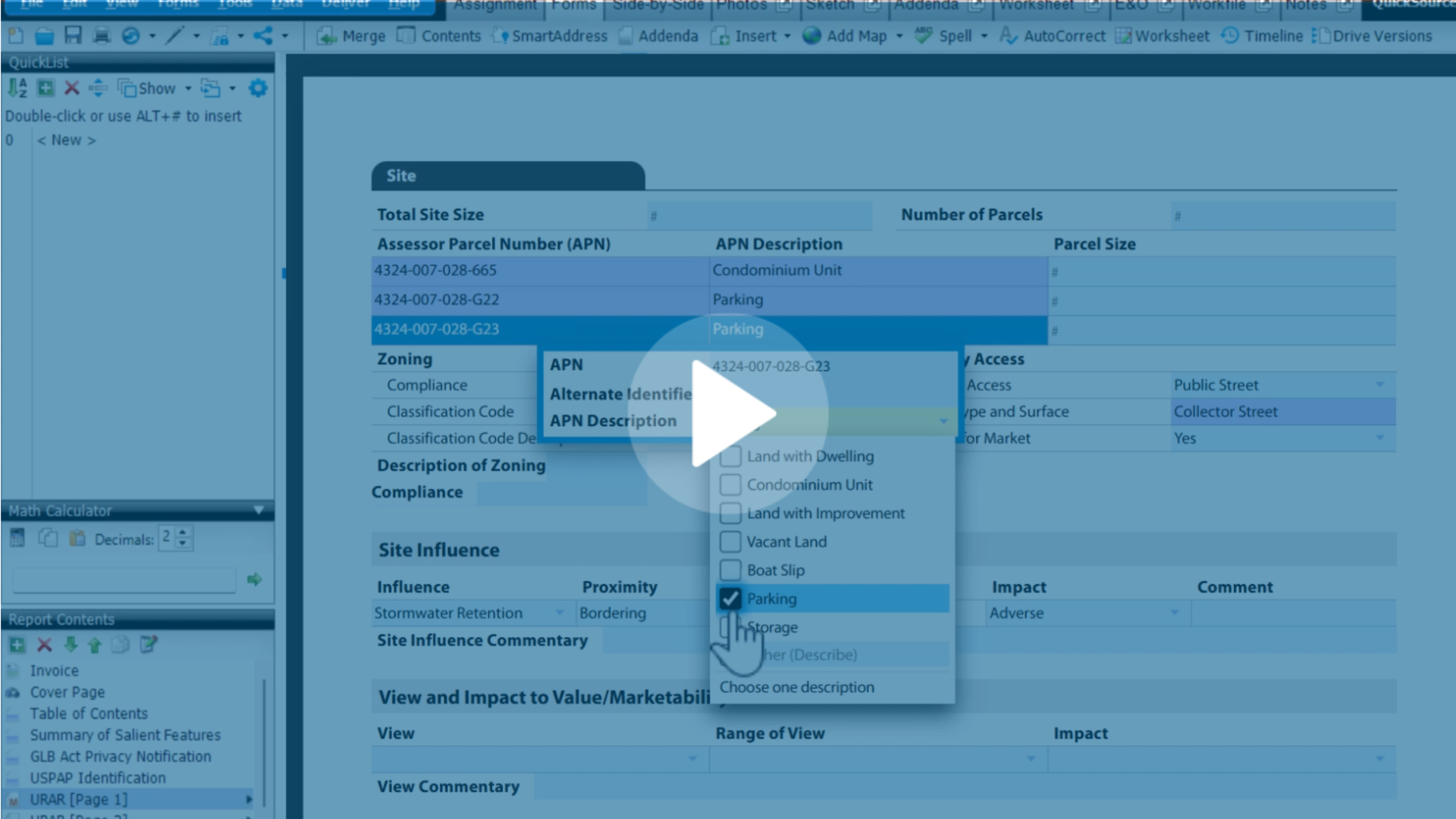
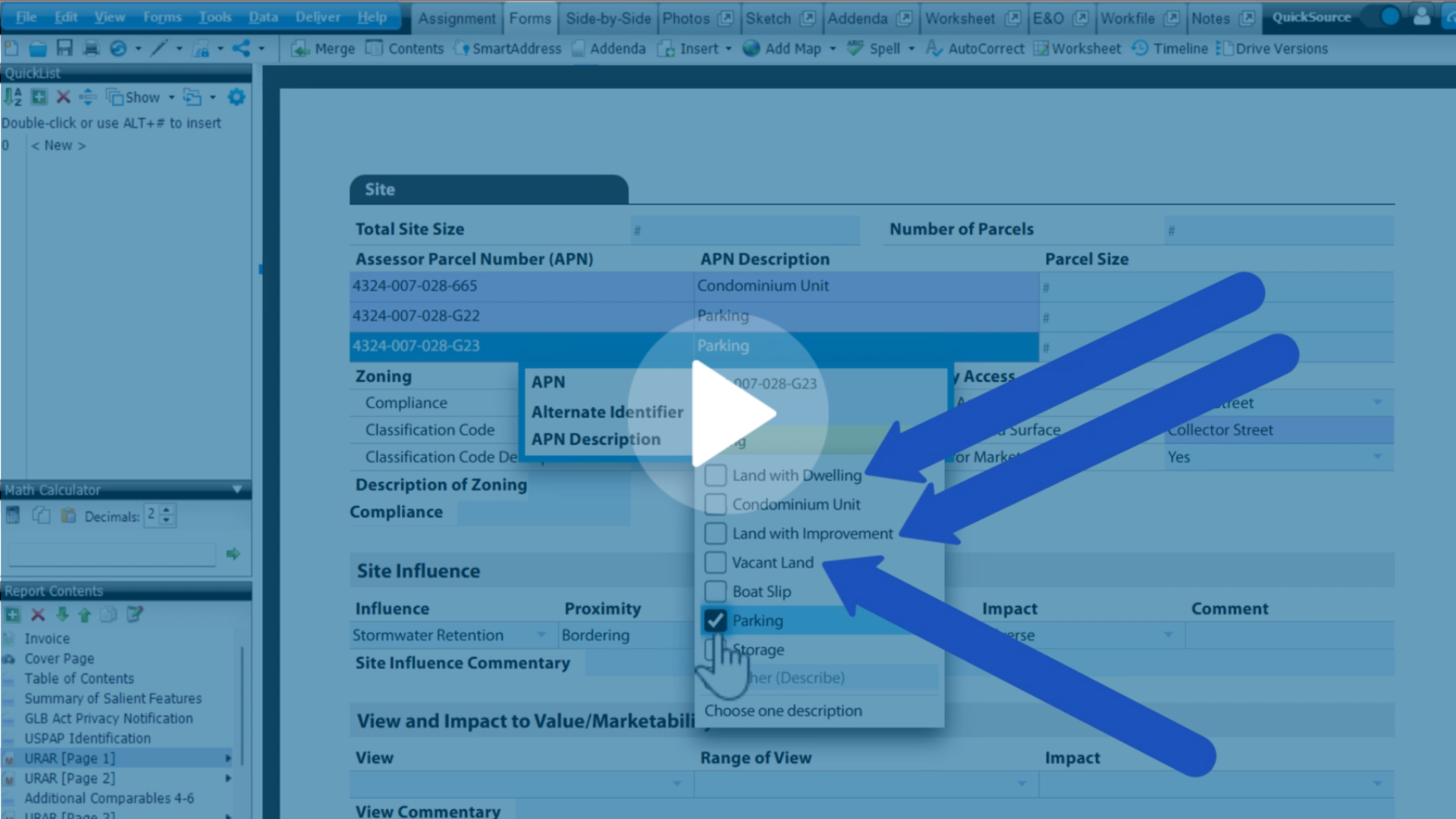
.png)
.png)
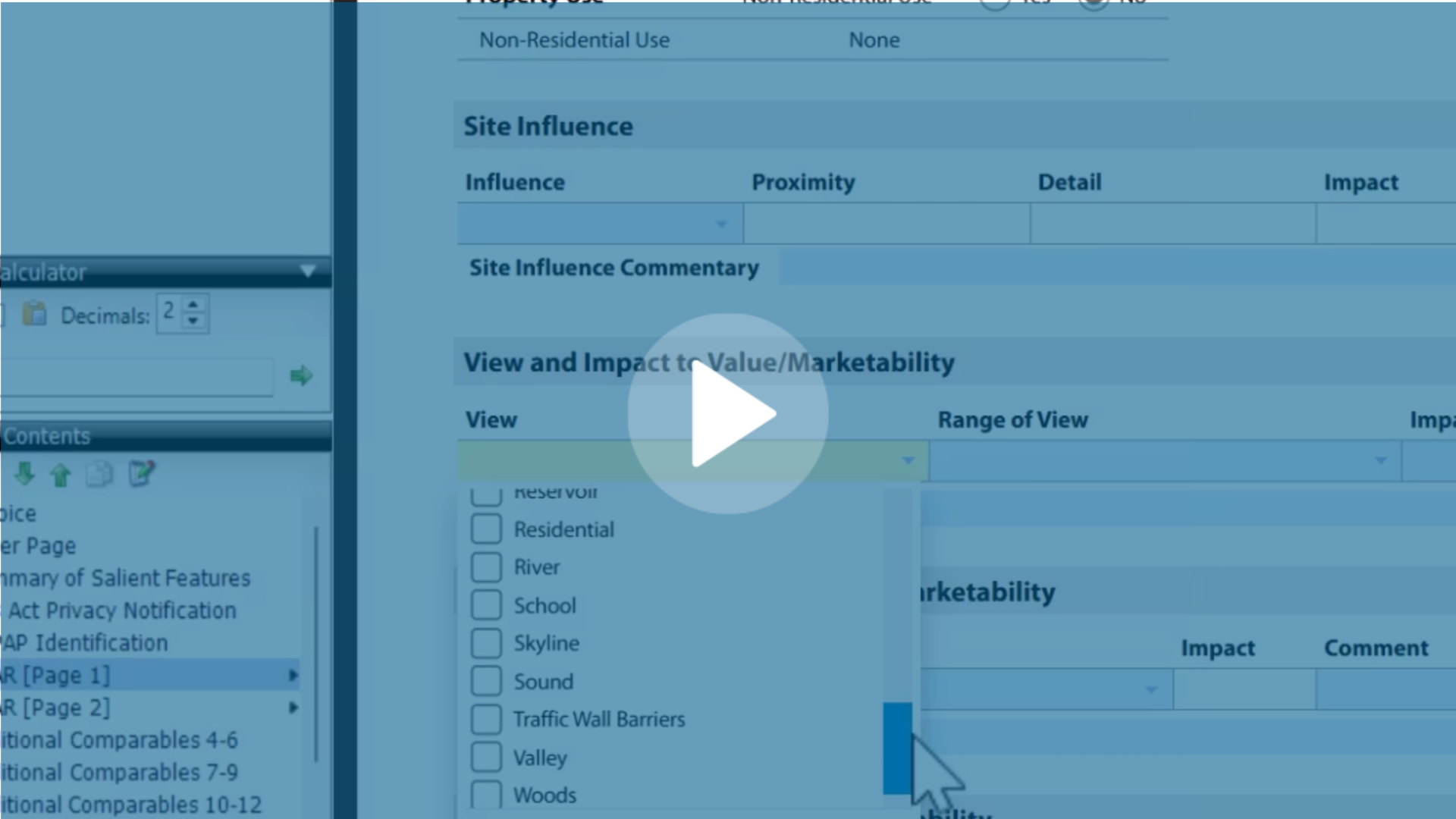
.jpg)
.png)
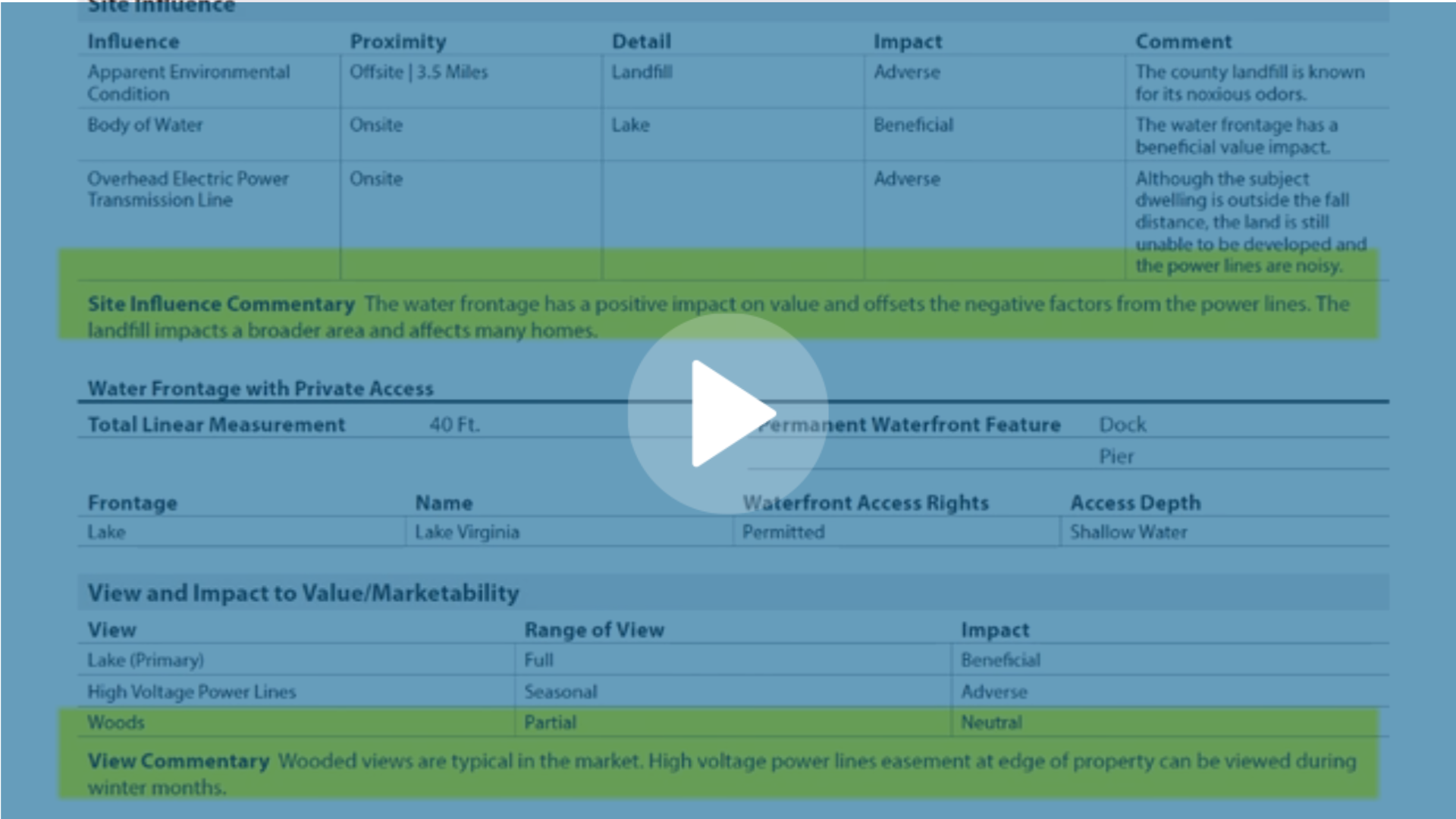
-1.png)



